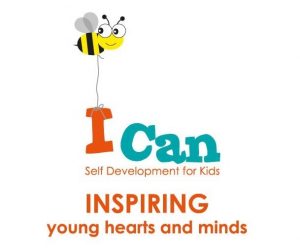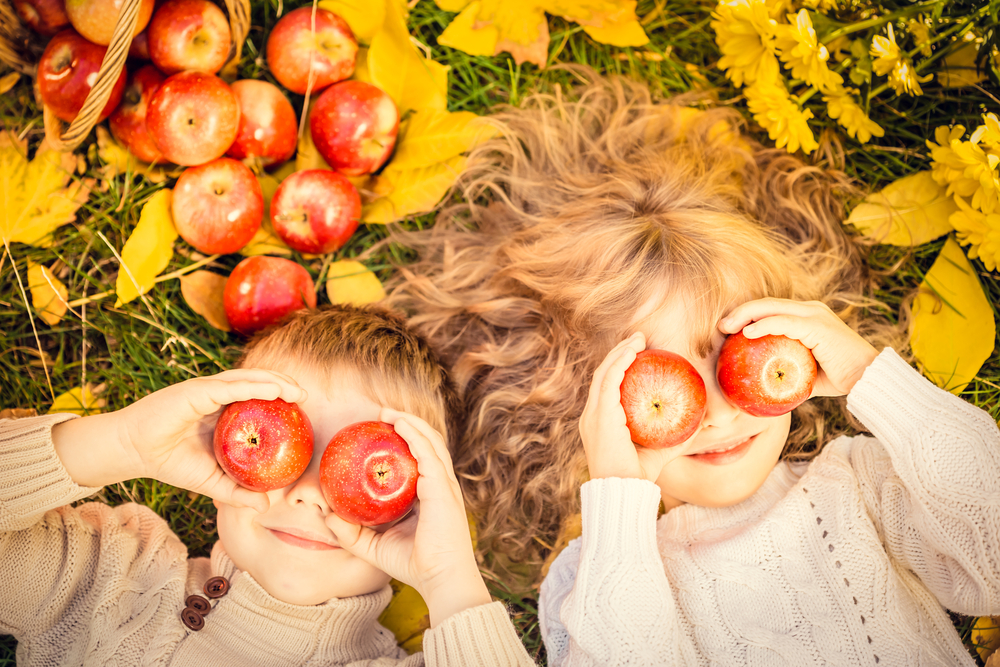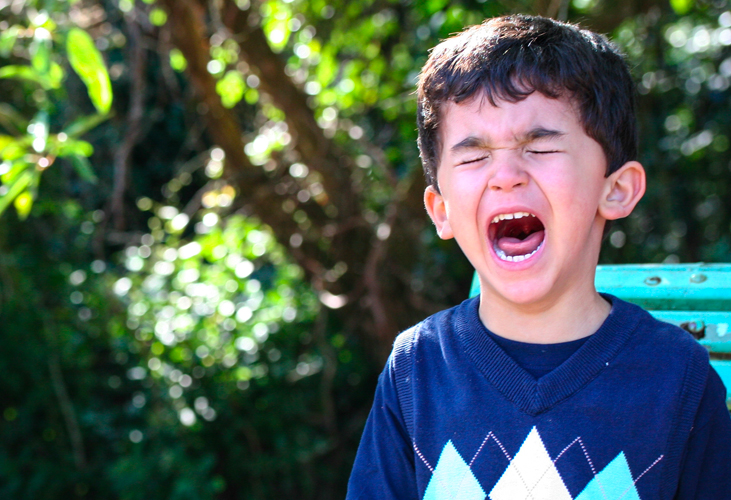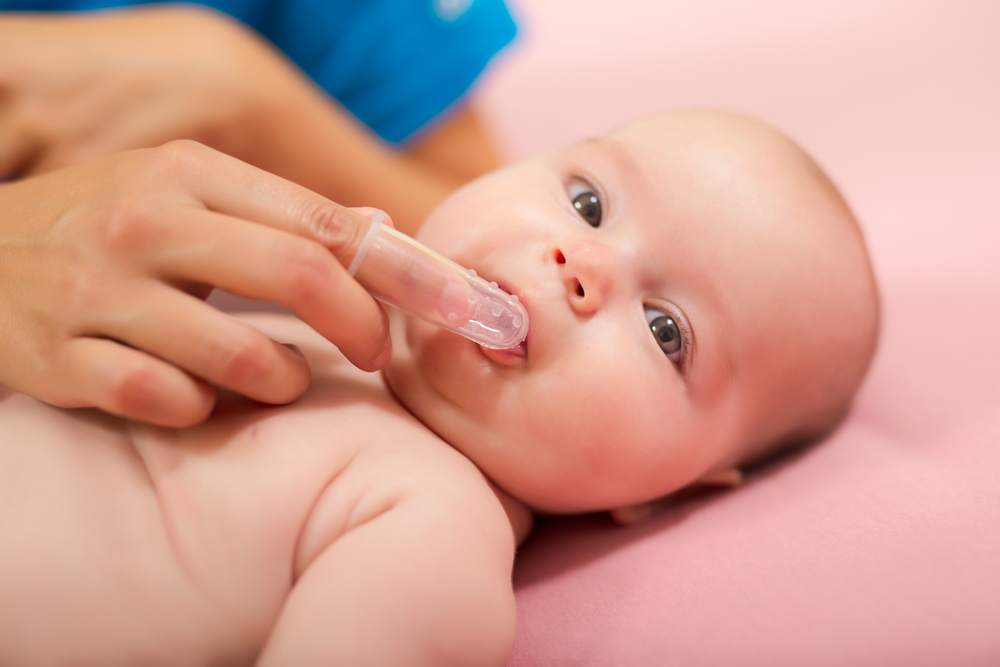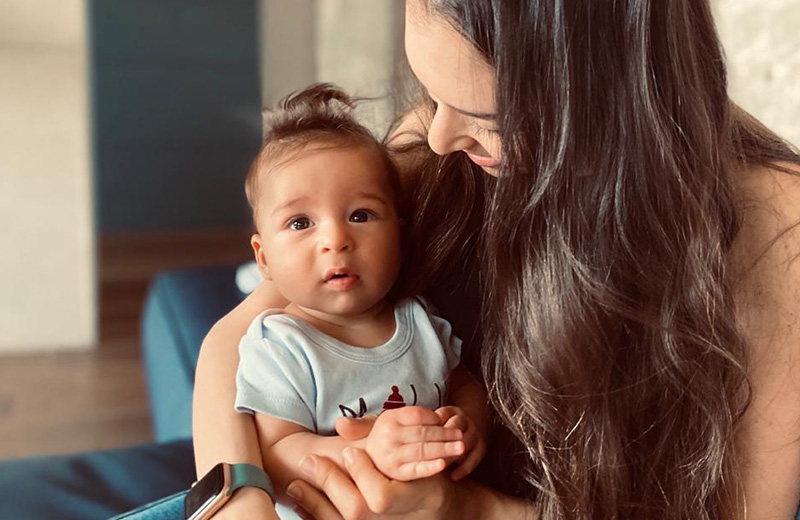Preschoolers 3-4 Years
7 Ways to Teach Your Kids about Gratitude
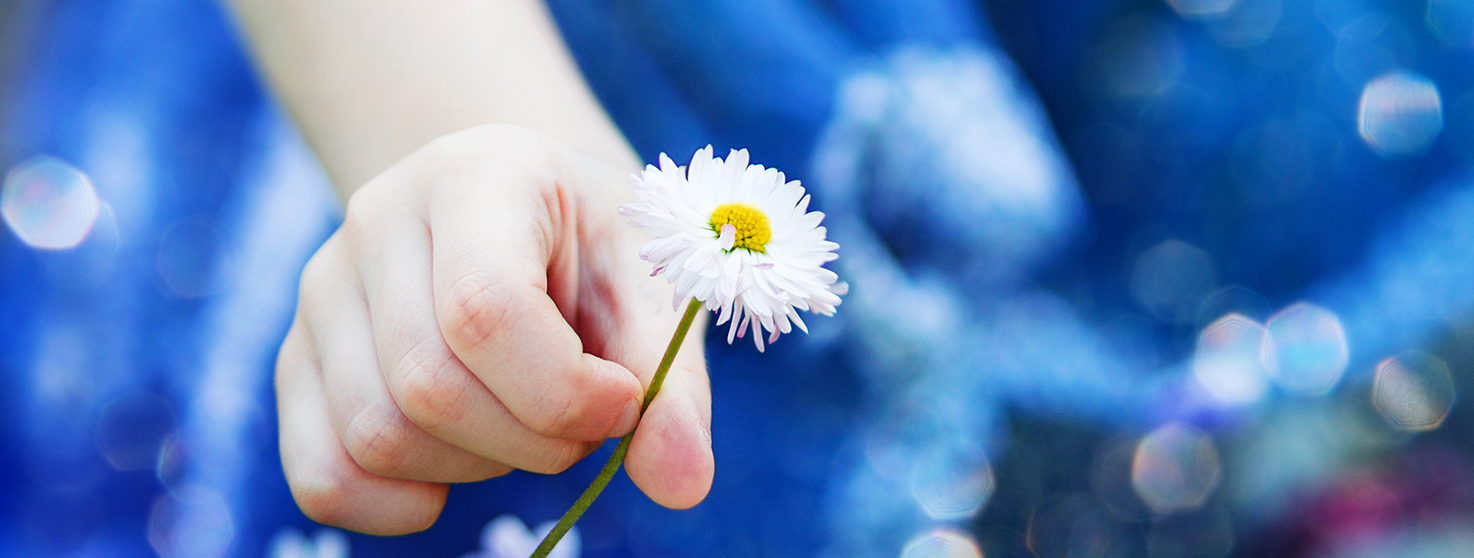
“Gratitude is the healthiest of all human emotions. The more you express gratitude for what you have, the more likely you will have even more to express gratitude for”. Zig Ziglar
All of us want our kids to grow up to be appreciative, generous and grateful adults, however, some of us shower their kids with gifts and toys, whether it was necessary or not, thinking that the more they give, the more their kids will be appreciative.". In fact, it is the complete opposite, if we want to really raise thankful and grateful kids, we need to give less of what they want and instill a valuable quality…Gratitude!

The goal of developing an attitude of gratitude in our children is simply to initiate a way of thinking and a habit of thankfulness. Gratitude is more than just saying ‘I am grateful”, rather it is a feeling of appreciation for the things that we often take for granted. It's about focusing on what's good in our lives and being thankful for the things we have now, not what we will be grateful for in the future because speaking in the future tense is a hidden message of “not enough”. For example, if your child says, “I am grateful for my new video game” this is a gratitude statement in the present tense whilst if he says,” I will be grateful when I get the new video game” this is a “not enough” statement hidden as a gratitude statement. Some may ask, why should we focus on gratitude? While many emotions and personal traits are important to one’s well-being, there is evidence that gratitude is exceptionally important. A large body of research has shown that when kids express gratitude, it can create happiness. Grateful people have higher levels of well-being, are happier, less stressed and more satisfied with their lives and social relations. They also have more positive ways of coping with difficulties, have higher levels of personal growth, purpose in life and self-acceptance. An added benefit to gratitude is that it is an effective self-coaching technique for shifting bad mood. Give it a try yourself…anytime you feel down, list five things you are grateful for and continue thinking about things you are grateful for until you start to feel better.

So, how can we foster gratitude in our children and shift them from being entitled to being grateful? Because gratitude is such a vital tool for creating positive energy and bringing inner peace, make it a daily habit and start every morning with your children with an” attitude of gratitude” statement such as: “I am thankful for having eyes to read”, “I am grateful for waking up in a warm bed”, “I am happy that I have an opportunity to go to school” or “I love that I have a great family”. I hear you… teaching gratitude needs patience and is one of the trickiest concepts to teach our kids - who believe that the world revolves around them - but it is one of the most important and it is worth trying! Helping your children to experience life from a place of fullness and completeness creates happiness and enables them to attract more into their lives.
-
Model and teach gratitude
When we express gratitude through our words, in writing, or in small acts of reciprocity, we teach our kids how to be grateful.
-
Talk about your feelings when you give
Tell your children how you feel when you make charitable contributions or buy things for those in need and discuss what you can do together to help others.
-
Practice saying “No”
Remember that it's impossible for our kids to feel grateful when they get everything they ask for. Saying “No” to your children sometimes makes saying “Yes” much sweeter.
-
Have your children participate in age appropriate household chores
Step out and let your children do their assigned chores by themselves. Remember that the more we do for them, the less they appreciate our efforts.
-
Teach your children the value of money
Communicate with children, as they grow, about your values concerning money and how to save it, make it grow, and most importantly how to spend it wisely.
-
Be mindful of the fact that your children may have their own way of expressing gratitude, even if it doesn’t fit your expectations.
For example, one of your children may be more comfortable saying thank you than giving a hug. Accepting your children’s’ unique way of being thankful will let them know that you appreciate the thoughtful person they already are.
-
Finally, make gratitude a ritual practice
Do it at least once a week with your children, prepare and share your own gratitude list, so that developing gratitude is a family activity.
Although we want to give our kids everything they ask for, one of the greatest gifts we can give is to literally give less of what they want and more of what they need. This helps them make decisions, forces awareness among all their choices and breeds gratitude.

